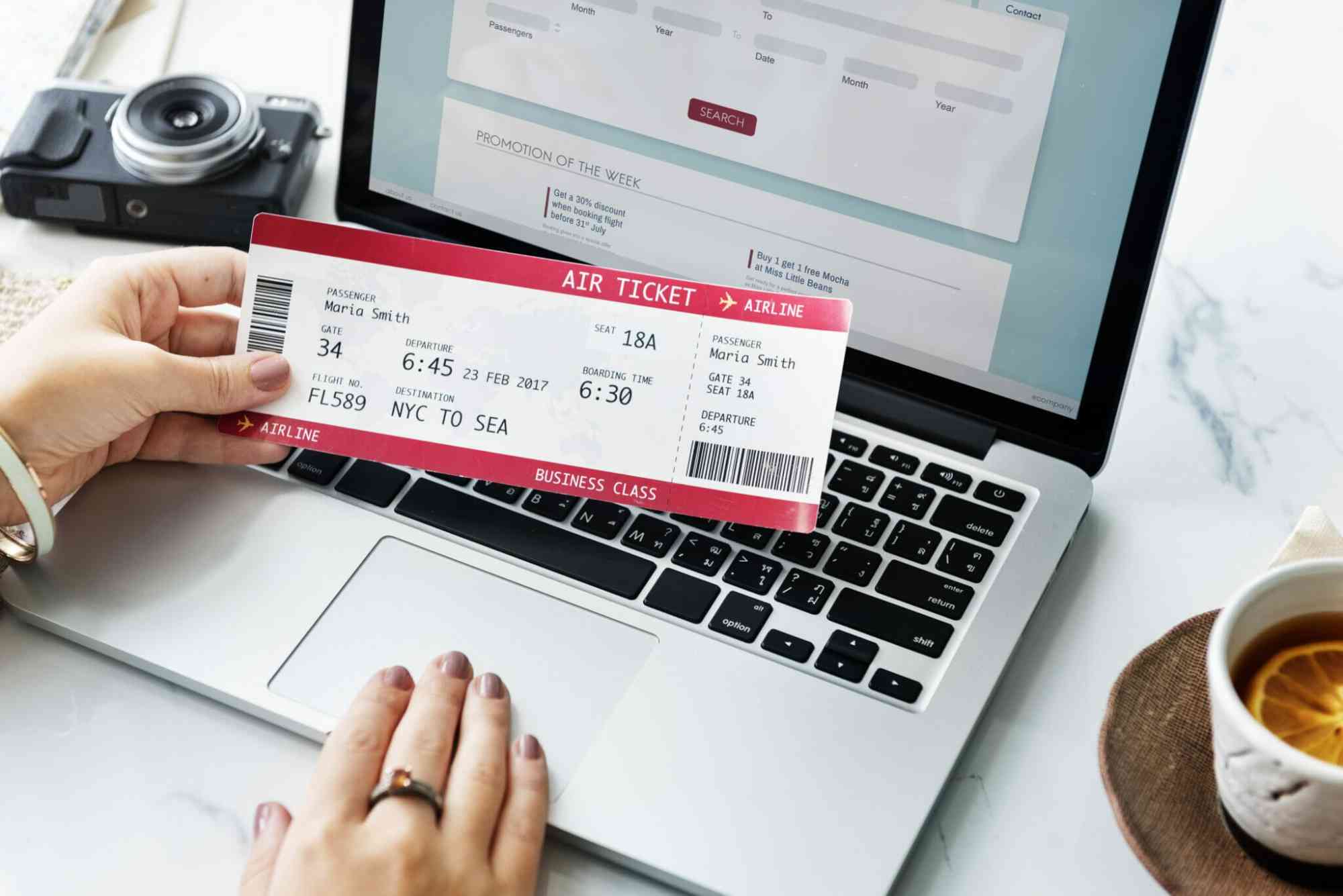Introduction
Finding the best deals on flights can be challenging, especially with constantly fluctuating prices. If you want to secure the best airfare, you must know how to track airline ticket price drops effectively and book at the perfect moment. This guide will help you understand flight pricing trends, use fare alert tools, and take advantage of the best booking strategies.
Understanding Airline Ticket Pricing Trends
Airfare is influenced by various factors, including demand, seasonality, and airline policies. Prices change frequently based on the number of seats available, time left before departure, and even the day of the week. Understanding these fluctuations can help you plan and book your tickets at the lowest possible rate.
- Dynamic Pricing: Airlines use advanced algorithms to adjust prices based on supply and demand.
- Best Days to Book: Typically, Tuesdays and Wednesdays are considered the best days to book flights.
- Seasonal Trends: Traveling during peak seasons like holidays can lead to higher fares, whereas booking in off-peak months often results in savings.
Steps to Track Airline Ticket Price Drops
Use Fare Alert Tools
Set up fare alerts on platforms like Google Flights, Skyscanner, and Kayak to receive notifications about price drops for your preferred destinations.
Monitor Prices on Multiple Websites
Compare prices across different booking platforms to find the best deal. Checking multiple sources ensures you’re not overpaying.
Book at the Right Time
Experts suggest booking domestic flights 1-3 months in advance and international flights 3-6 months prior to departure for optimal pricing.
Use Incognito Mode
Airlines may track your searches and increase prices accordingly. Browsing in incognito mode can prevent price hikes due to repeated searches.
Consider Alternative Airports
Flying from or into nearby airports can often provide better deals than major hubs.
Be Flexible with Dates
Being open to different travel dates can help you find cheaper flights, as fares fluctuate depending on the day of travel.
Best Tools for Tracking Flight Prices
Here’s a list of some of the best tools to track airline ticket price drops:
- Google Flights – Allows setting up alerts and comparing different airlines.
- Hopper – Uses predictive analytics to recommend the best booking time.
- Skyscanner – Offers flexible date searches and price alerts.
- Kayak – Provides a price forecast feature to help determine when to book.
- Scott’s Cheap Flights – Sends email alerts about discounted fares and mistake fares.
FAQs About Tracking Airline Ticket Prices
Q1: When is the best time to book a flight for the cheapest price?
The best time to book a flight varies, but for domestic flights, booking 1-3 months in advance is ideal, while for international flights, 3-6 months ahead is recommended.
Q2: Do airline prices drop closer to departure?
Not always. While last-minute deals exist, prices tend to rise as the departure date approaches due to higher demand.
Q3: How can I get Cheap Airline Tickets?
You can get Cheap Airline Tickets by setting fare alerts, booking in advance, and using flight comparison tools.
Q4: Is it cheaper to book flights on a specific day of the week?
Yes, booking on Tuesdays and Wednesdays is often recommended, as airlines release discounts on these days.
Q5: Where can I find trusted travel booking services?
Sohail Waqas Travels is a reliable platform for booking flights, hotels, and other travel services.
Q6: Can I send Cargo to KSA via flight services?
Yes, you can send Cargo to KSA using various cargo and freight forwarding services.
By following these strategies, you can ensure that you book your flights at the lowest possible price and make your travel experience budget-friendly!


